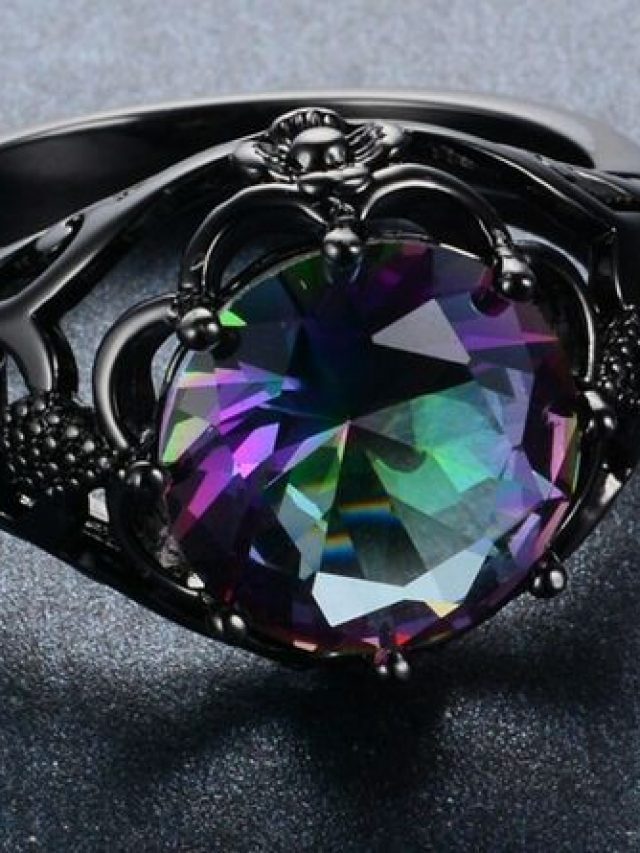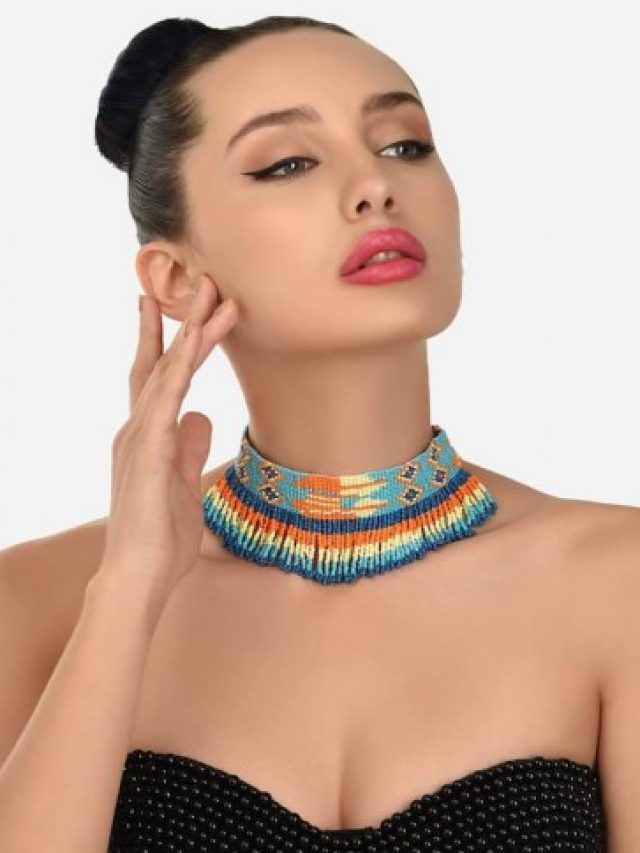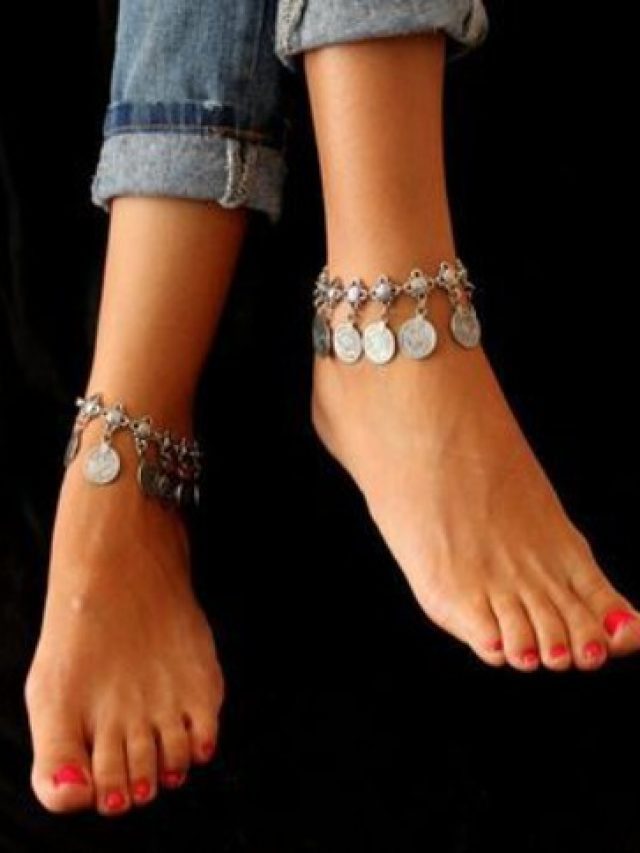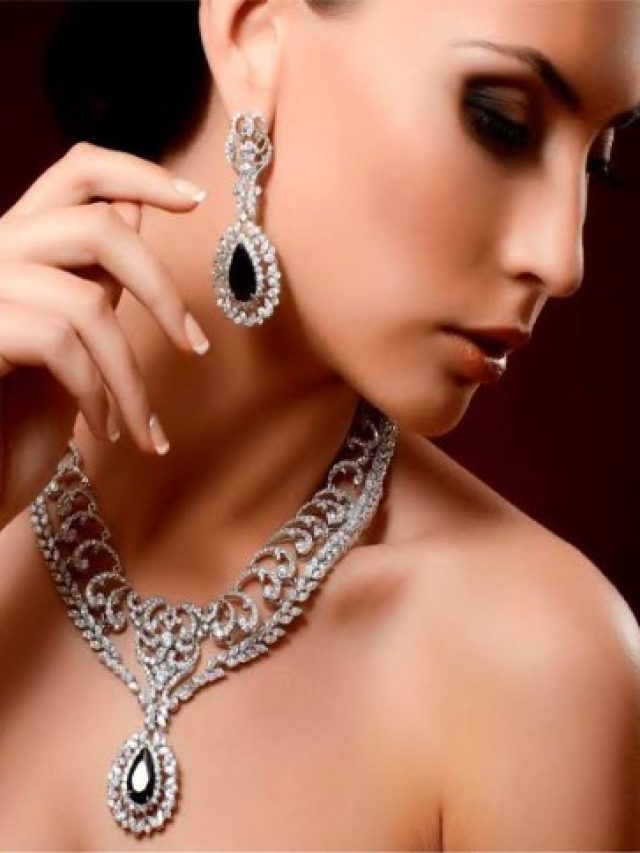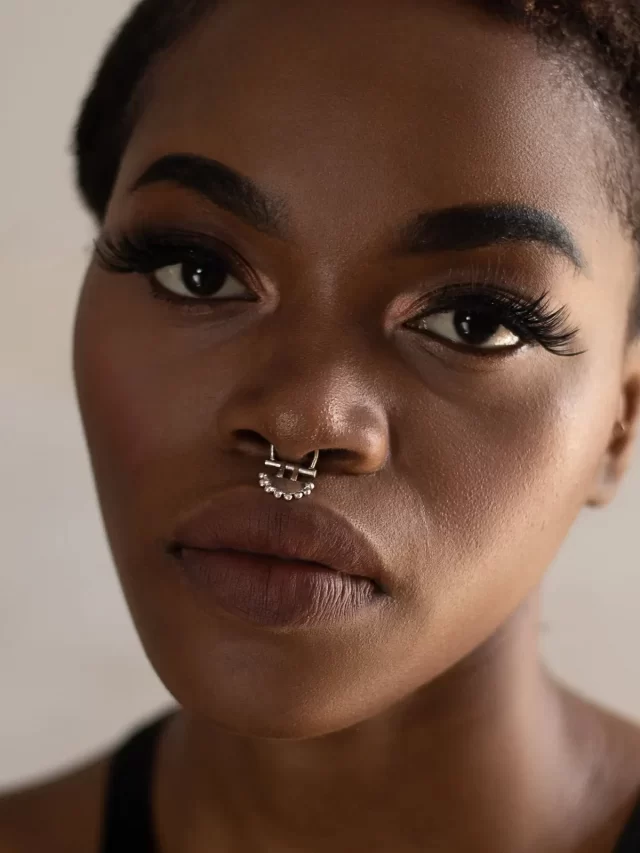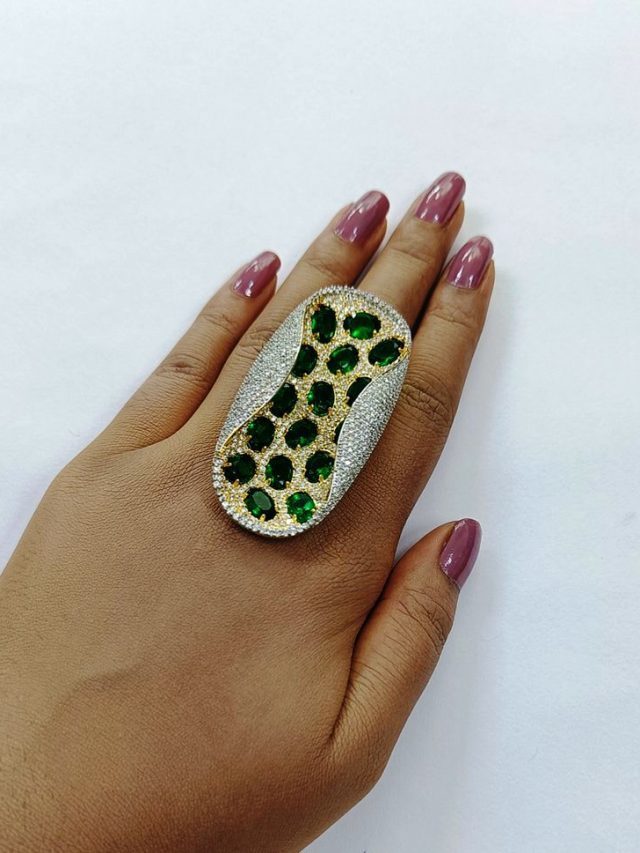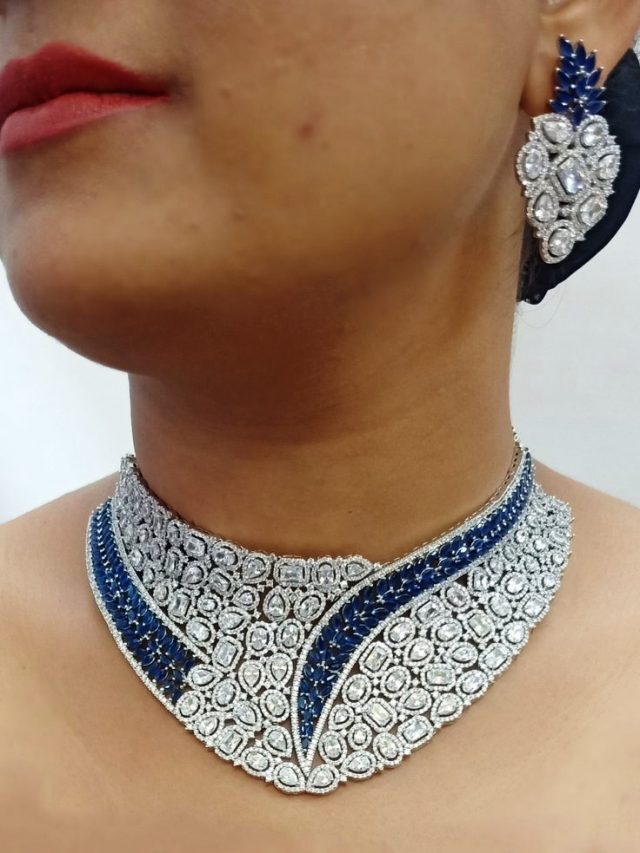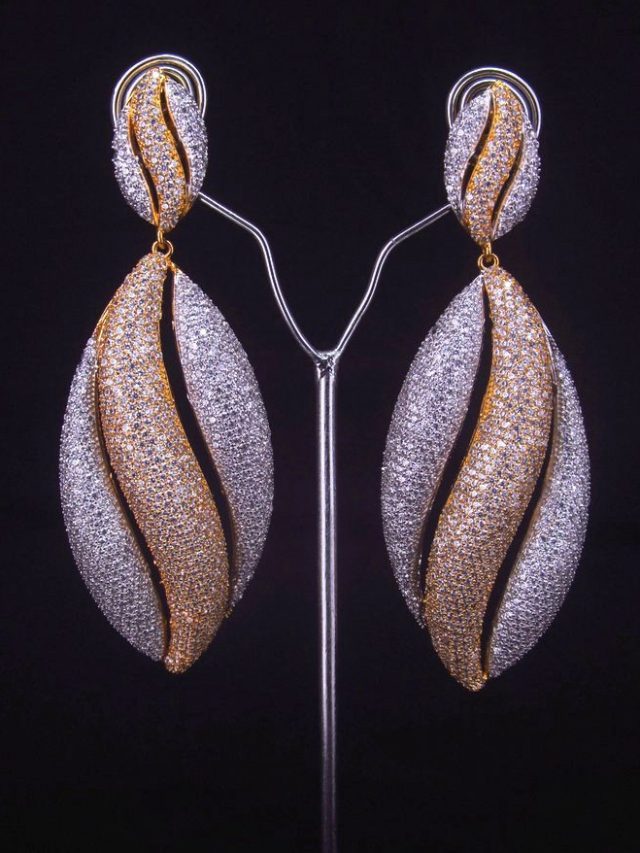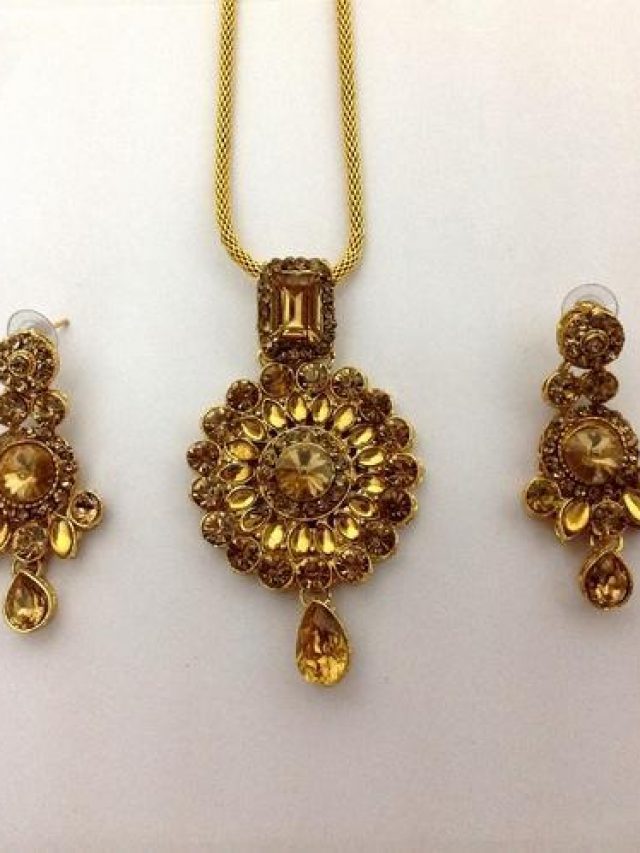
[ad_1]
By its very definition personalised jewellery offers something for everyone. SAMUEL ORD explores the increasing enthusiasm consumers of all ages have for personalised jewellery.
If there’s one thing that jewellery retailers large and small can agree upon it’s the desire for personalisation by modern consumers.
In a time where individualism is lauded culturally – most notably in ‘western’ societies – it should come as no surprise that jewellery consumers continue to seek personalisation.
Whether the category is fine, fashion or otherwise, jewellery has always allowed people to express their personality.
However now, with increasing production capabilities and an ever-expanding variety in range, more consumers than ever before are turning to jewellery for self-expression.
Jewellery Group CEO Mudit Vora manages the operations of chain stores Mazzucchelli’s and Zamels, overseeing more than 60 stores in Australia.
Vora says that despite the two brands catering to different consumers, certain patterns in consumer behaviour are abundantly self-evident.
“Trends have certainly changed recently with a lot more customers wanting something unique and personalised,” Vora tells Jeweller.
“Social media trends have had a huge impact on jewellery retail, especially with product trends. Jewellers these days need to be quick in ensuring they can move with the market.”
Similar observations are made by Seb Brown, a specialist in customised jewellery featuring birthstones, gemstones and engravings and the owner of Seb Brown Jewellery, based in Melbourne.
Brown says that any retailer hoping to forge a long-term connection with young consumers should explore personalisation in jewellery.
“Our youngest customers are always searching for something unique and personal. Almost all of our customers request a custom piece,” he explains.
“I have definitely seen a strong desire for birthstone rings and engraved pieces as of late.”
Brown continues: “In particular, younger consumers are constantly bombarded with imagery, advertising and products. They’re much more discerning, with a finely honed sense of style.”
This sentiment has been echoed in the experiences of jeweller Kate Webster of Kate Webster Jewellery Designs.
Webster specialises in creating customised jewellery with gold, diamonds, sterling silver, gemstones and pearls.
After more than two decades in the industry, Webster says one thing is for sure – consumers of all ages love personalisation.
“I believe that everyone wants at least one unique piece of jewellery, something that’s truly for them,” she says.
She adds: “No matter the style or personal preference, the appeal of personalised jewellery is universal.”
The benefits for retailers offering personalised jewellery go beyond merely meeting the desires of contemporary customers which, as Vora acknowledges, can change quickly.
Personalised jewellery encourages customers to commit long-term devotion to a business or brand as the identity of the wearer becomes intimately interwoven with the jewellery itself.
Indeed, modern consumers can be fickle. It doesn’t take significant insult or encouragement for a customer to abandon a business or brand.
Three-quarters of consumers recently surveyed by McKinsey & Company admitted to switching to a new store, product, or buying method during the pandemic.
The research also indicates that consumers associate personalisation in products with positive experiences of being made to feel special.
They respond positively when businesses and brands demonstrate their investment in a relationship beyond an immediate transaction.
Market leaders
Pandora remains the world’s leading mass-market jewellery brand and it’s no secret that personalisation has played a key role in the Danish company’s many successful ventures.
Pandora operates more than 6,400 stores worldwide and in 2022 achieved a full-year sales increase of 13 per cent to $US3.82 billion.
David Allen, Pandora’s Pacific and Greater Asia managing director, says Generation Z holds a view of personalisation in fashion and jewellery that differs from those that came before them.
“When we think of personalised jewellery we think engraving, initials, birthstones, and so on. This type of jewellery has a place in the assortment for shoppers of all ages,” Allen tells Jeweller.
“Gen Z however are looking for expression of their individual identity. This relates to the physical product as well as in alignment of values with the brand.”
Allen says that the Pandora Me collection is an example of a curated style targeting Gen Z.
Fully customisable, the collection offers the ability to build a bracelet, necklace, earring and ring stack to suit individual style and self-expression.
Charms are the gift that keeps on giving for Pandora, making up around 70 per cent of global earnings. Pandora estimates that it sells 10 million charm bracelets annually.
Charm bracelets create a crucial dynamic between the brand and the customer – a provocation for repeated visits to physical or online stores and ultimately, a recurring revenue stream.
Allen continues: “It’s as important to have a personalised product offering as it is to have personalised and customisable experiences.”
“When it comes to customisation, Gen Z expect brands to send them communications that they can customise based on their preferences.”
Aspirational in nature
Pre-dating Pandora by six years is rival Trollbeads, which recently celebrated the two-year anniversary of its Australian re-launch.
Trollbeads pieces are made from a variety of raw materials including gold, silver, Italian glass, pearls, amber, and other precious gemstones. In 2001 glass beads were introduced.
CO-CEO Jono Gelfand tells Jeweller that the increasing enthusiasm of younger consumers for personalised jewellery has been something that captured his attention.
“We were debating this very topic recently – wondering why a young person would be attracted to jewellery that’s very sentimental in nature?” Gelfand explains.
“The conclusion we came to was that our younger consumers are creating an aspirational product in order to manifest future events in their lives.
He concludes: “While our older customers are using the bracelet as a way to preserve memories, our younger customers are using it creatively to bring them into fruition.”
Webster agrees with Gelfand’s conclusion and says that beyond questions of style and design, the factor that matters most in the appeal is the ability to express individual style.
“Everyone takes a different approach with personalised jewellery. For the younger generation it’s something to put on display as a showcase of your unique personality and style,” Webster says.
“Whereas for older consumers, it might be something discrete, such as an engraving on the inside of a closed locket.”
Webster’s personalised collection includes disc pendants, bracelets, disc rings, bar necklaces or letters symbolising loved ones, personal accomplishments or cherished memories.
“The ‘bracelet model’ in terms of customisable jewellery is still meaningful for the generation that committed to the design, be it Pandora, Trollbeads, or something bespoke,” she says.
“I’ve noticed a big shift and I think necklaces are coming back now. The key is for the product to be ‘fine and dainty’. Heavier pieces and products just don’t have the same appeal.”
Personalisation at heart
There’s little debating that one of the most significant success stories in terms of personalised jewellery in Australia and internationally is Thomas Sabo, namely via the Charm Club Collection.
Thomas Sabo arrived in Australia in 2006 via Duraflex Group Australia with a design epitomised by a carefree and fun-loving mood, encouraging the creation of individual looks with layering and stacking.
Thomas Sabo UK managing director James Parker tells Professional Jeweller says that every new release is designed with the theme of personalisation in mind.
“It may come in the form of multiple earrings styled on one ear, a collection of charms, a ring stack or even a personal message on a unique jewellery design,” he says.
“Personalisation and self-expression are at the heart of the Thomas Sabo jewellery collection. Over the past 12 months, we have focussed even more so on our people, our product, and the presentation of our brand.”
Extreme examples
When it comes to personalisation in jewellery, it doesn’t come much more personal than the products offered by Beyond The Willow Tree.
Founder Melanie Fogarty specialises in handcrafted jewellery designs such as cremation ashes, breast milk, hair, umbilical cords, placentas, and other human and animal elements.
Fogarty tells Jeweller that her products tend to appeal to a more mature audience; however, added that engraving was popular across all demographics.
“It’s a fascinating question isn’t it – how do you define personalised jewellery?” she says.
“In our experience and what we have seen in the way of demographic, I feel that those 25-years-old and hold more sentiment for one-of-a-kind or custom-made bespoke pieces.”
She concludes: “This may have more to do with the stage of life they are in, over which generation they were born.”
Webster agrees with Fogarty and says that life experience is crucial in a hypothetical customer’s selection of personalised jewellery.
“We offer a range of bracelets that has really been popular with young mothers in particular, there’s something very appealing about jewellery which showcases the experience of motherhood as a point of great pride,” she says.
“Laser engraving on discs or on circular plates has been popular as of late, and letters, in particular, have been popular this year after being particularly highly sought after in 2022.”
Fogarty adds: “Engraving as a way to offer personalisation appeals to all generations, and with the way engraving and laser cut jewellery has become more accessible, this is likely to increase.”
Moving forward
Brown, Fogarty, Webster, and Gelfand all highlighted a belief that personalised and customised jewellery will continue to increase in popularity as time goes on.
“I strongly believe that demand will increase as new ways to wear and personalise jewellery will evolve over time and continue to become easily accessible,” Fogarty explains.
“As humans, we look for ways of expressing our emotions or lived experiences through physical items we can hold onto, and perhaps pass on, and jewellery perfect in that regard.”
Webster points out that as a consumer ages their preferences change; however, emerging demographics historically fill the void left by those who age out of ‘loud and proud’ design.
“Every generation brings something new to the table in terms of unique fashion and individuality in design and I see no reason for that to change any time soon,” she says.
“Particularly as jewellers are able to do more and more with emerging technologies, that desire for individual creativity and expression only becomes stronger.”
Gelfand insists that long into the future combining quality materials and design with personalised appeal will continue to be a winning recipe for retailers.
“The key to forging a long-term connection with your younger customers comes down to the quality of your products,” he reveals.
“Many of our sales associates are young and whenever we get a new delivery they all rush over the boxes and rip them open to take a look at the new designs.
“That kind of enthusiasm is only possible because they really appreciate the design and quality.”
Brown agrees and says that enthusiasm for quality products and design is a trait shared by consumers of all ages.
“I have seen a general uptick in customers really considering a purchase, and perhaps saving up for many years to buy a piece which they will cherish forever,” he says.
“Younger customers are more likely to have done significant research and know exactly what they want.
“Older customers might prefer a style that’s a little more ‘traditional’; however, the emphasis is always on quality materials.”
Going beyond products
Pandora Club Members were recently asked if they did or did not want to receive correspondence promoting Mother’s Day related campaign material.
It was a move which aimed to acknowledge the ‘sensitive nature’ of the occasion for some. Allen says that approach exemplifies Pandora’s approach to personalisation.
“Personalisation is about delivering content, product and services that match the lifecycle of the consumer, and using prior interactions to determine and anticipate what the consumer is going to do next,” he says.
“It’s as important to have a personalised product offering as it is to have personalised and customisable experiences.”
Personalised and customisable jewellery ties the identity of the customer to the products they wear and in doing so, forges a long-term connection between the business and the individual that goes far beyond the simple days of a single transaction.
For your business, a move towards a more personal offering today may well be the start of a fruitful relationship which lasts a lifetime.
READ EMAG
[ad_2]
Source link


















